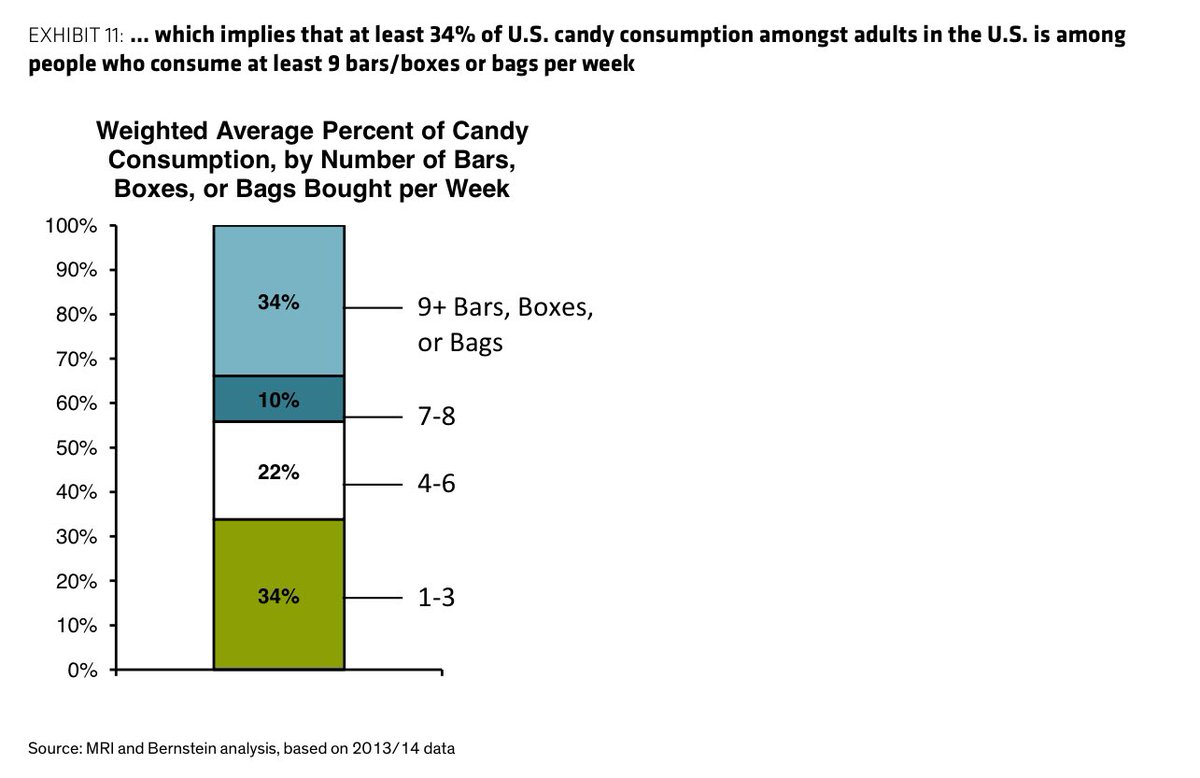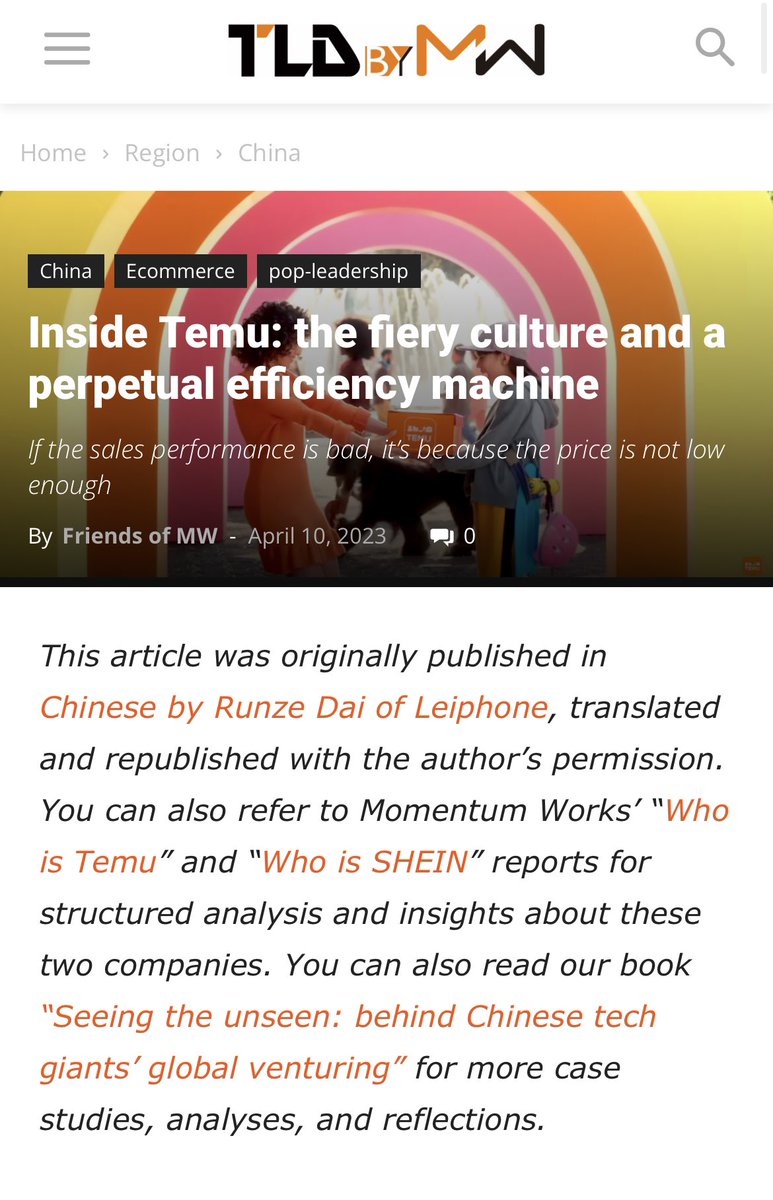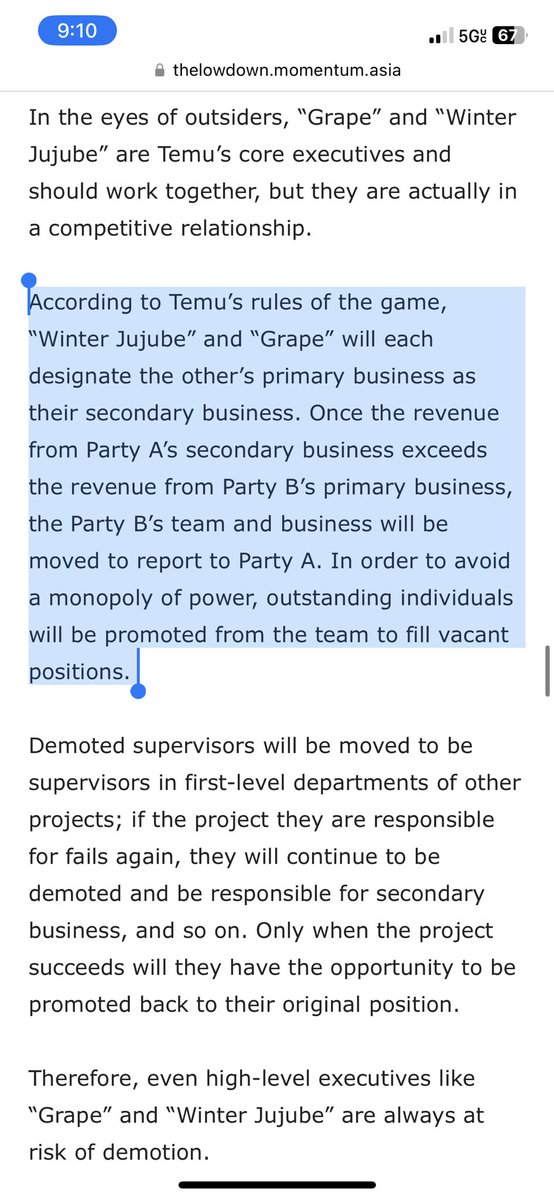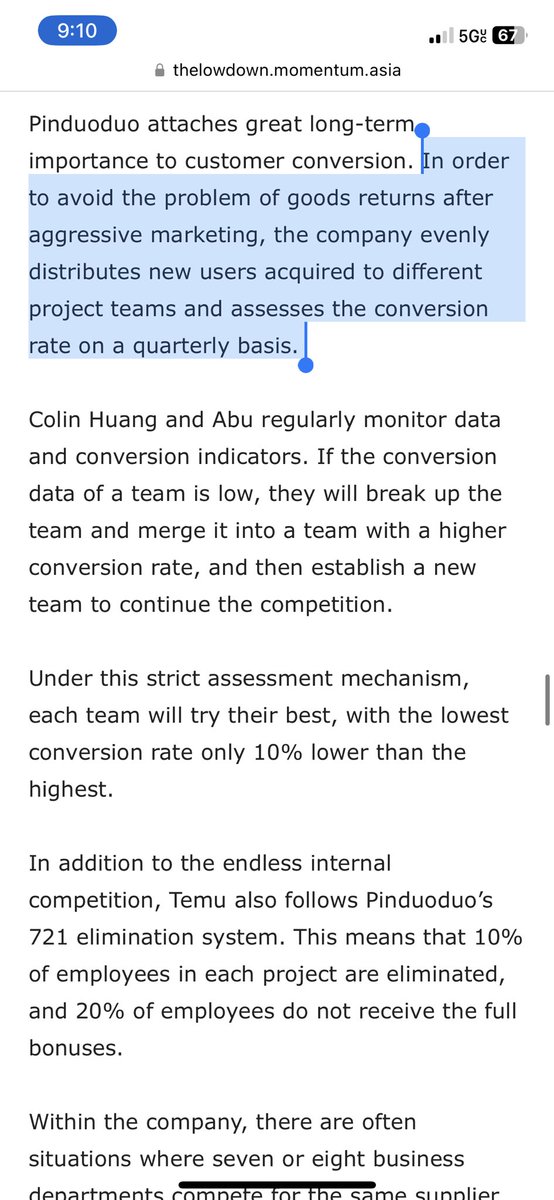1/ Just caught up with a few investor friends in the consumer space last week about Ozempic and GLP1s
As far as I can tell, everything basically hinges on: how much does it matter that every consumer product in the world depends on a tiny cohort of super consumers?
As far as I can tell, everything basically hinges on: how much does it matter that every consumer product in the world depends on a tiny cohort of super consumers?
2/ What happens if it turns out we’ve actually invented an all-purpose anti-addiction drug?
I suspect it’s not properly appreciated how many consumer categories follow a power law distribution of consumptiontheatlantic.com/health/archive…
I suspect it’s not properly appreciated how many consumer categories follow a power law distribution of consumptiontheatlantic.com/health/archive…
5/ The top 10% of American adults account for *over 70%* of US alcohol consumption
(That’s 10 drinks per *day*!)
(That’s 10 drinks per *day*!)

6/ This 2017 paper looks at 22 more CPG categories: the top 20% of US adults account for…
70% of ice cream consumption
75% of coffee consumption
77% of soda consumption
87% of cigarette consumption
70% of ice cream consumption
75% of coffee consumption
77% of soda consumption
87% of cigarette consumption

7/ How many American industries have been propped up for the last 50 years by the poor impulse control of a small cohort of people with eating problems, drinking problems, and gambling problems?
Guess we’ll find out in a year
Guess we’ll find out in a year
• • •
Missing some Tweet in this thread? You can try to
force a refresh
 Read on Twitter
Read on Twitter














